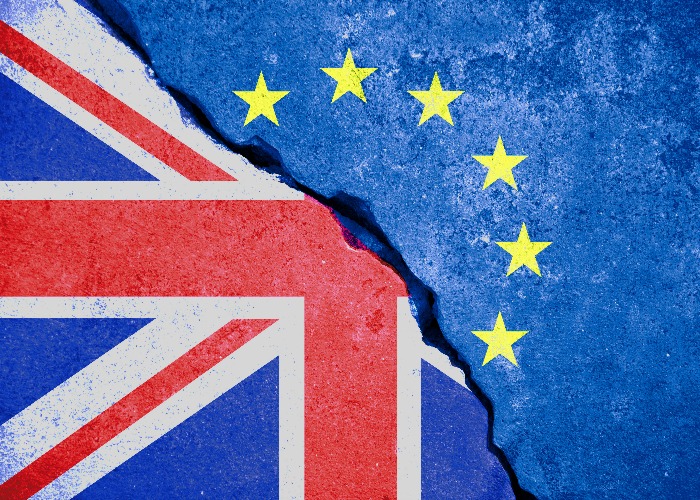Brexit: loveMONEY readers increasingly worried it will leave us worse off financially

The latest of three polls over two years has seen readers become increasingly concerned about the financial effects of leaving the European Union.
Whatever your politics, Brexit has always been, in part, a question of money.
The Leave and Remain campaigns both wheeled out arguments that leaving the EU would benefit or damage our finances.
These ranged from leavers’ notorious claim of £350 million extra for the NHS to Remainers’ ‘Project Fear’ and its warnings of lost jobs and a devalued Sterling.
At various points over the past two years, we've been asking loveMONEY readers to give their response to a key question: when we Brexit, will we be better or worse off than we are/were at present?
Following our most recent poll this week, we've noticed a clear trend...
September 2016
Like the rest of the UK, loveMONEY readers are divided about Brexit.
But, in the months after the campaign, the ‘better off’ had a clear majority.
Although the FTSE 100 and the value of the pound nosedived in the immediate aftermath of the Referendum, they did at least partially recover in the months that followed.
This could potentially have played a part in boosting confidence that Brexit signalled a brighter financial future.
January 2017
By early 2017, opinion had shifted significantly.
The warning by chancellor Phillip Hammond in November that Brexit would blow a £59 billion black hole in UK finances couldn’t have helped, with the pound having dropped to its lowest level since 1985 the month before.
Shoppers also began to feel Brexit’s effects, with rising grocery prices and (unfounded) scares that Marmite and PG Tips could leave supermarket shelves.
Meanwhile, the shock election of Donald Trump in the US led to fears over what the outspoken president would do to the global economy.
June 2018
Fast forward to the present and more than three-quarters of loveMONEY readers are in the negative camp.
Was it Theresa May's catastrophic general election? Or perhaps the seemingly endless back and forth between the UK and the EU and even within the Government?
What about the waves of negative economic news: wages have fallen in real terms due to inflation, six in 10 adults have little or no cash savings and those that do are stuck with rock-bottom interest rates (although better options are available).
Then again, it certainly hasn't all been bad – pensions and various investments have gone up, for example.
So what does it all mean to you? Why do you think the belief that we'll be worse off has gathered pace? Please take the time to share your views in the comments section below.
As with our recent Brexit article, we should stress that this isn't an opinion piece. We added some reminders of what had been happening at the time of each poll to add context.
We aren't trying to argue for or against anything, merely report on the results of our polls, which suggest an interesting change in opinion.
No one knows what lies ahead, but this does provide an interesting opportunity for debate and it would be great to hear your considered views.
Comments
Be the first to comment
Do you want to comment on this article? You need to be signed in for this feature